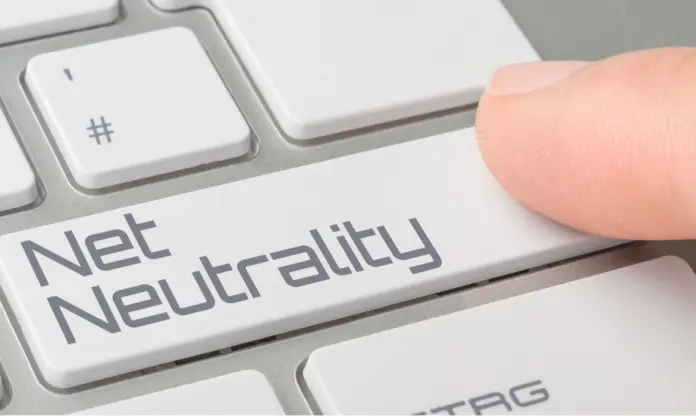In its judgment of September 15 (joined cases C-807/18 and C-39/19), the CJEU strengthened the principle of internet neutrality interpreting Regulation (EU) 2015/2120, of November 25, 2015, which endorses this principle, ensuring non-discriminatory treatment of traffic by internet access providers.

Don’t miss our content
SubscribeIn its judgment of September 15 (joined cases C-807/18 and C-39/19), the CJEU strengthened the principle of internet neutrality interpreting Regulation (EU) 2015/2120, of November 25, 2015, which endorses this principle, ensuring non-discriminatory treatment of traffic by internet access providers.
Regulation 2015/2120 recognizes the right of end users of internet access services to “to access and distribute information and content, use and provide applications and services, and use terminal equipment of their choice, irrespective of the end-user’s or provider’s location or the location, origin or destination of the information, content, application or service, via their internet access service” (Article 3.1). These rights cannot be restricted by agreements between access providers and users, or by commercial practices implemented by access providers (Article 3.2).
As the CJEU highlights, “end users” in the Regulation includes not only consumers but also professionals and companies using internet access services to offer content, applications and services (para. 37).
Regulation 2015/2120 also states that access providers “shall treat all traffic equally, when providing internet access services, without discrimination, restriction or interference, and irrespective of the sender and receiver, the content accessed or distributed, the applications or services used or provided, or the terminal equipment used,” although they are permitted to apply “reasonable traffic management measures.” In any case, those measures must be “transparent, non-discriminatory and proportionate, and shall not be based on commercial considerations but on objectively different technical quality of service requirements of specific categories of traffic” (Article 3.3).
In the case giving rise to the preliminary ruling, Telenor, a Hungarian internet access service provider, offered two access packages which supplied a certain data volume. The point of interest lay in the fact that certain applications and services covered by a “zero tariff” did not use up data. Therefore, once the provided data volume was used up, those applications and services could continue to be used without restriction, while the other applications and services were subject to measures blocking or slowing down data traffic.
The CJEU believes these packages constitute a commercial practice that could increase the use of certain applications and services, reducing the use of the others, particularly taking into account the cumulative effect of many customers signing up for the packages. It thus concludes that Telenor’s measures blocking and slowing down traffic for applications and services not included in the zero tariff restrict end users’ rights, making these measures incompatible with Article 3 (sections 1 and 2) of the Regulation.
The CJEU also states that these measures cannot be considered “reasonable traffic management measures” as they are not based on objective differences but on commercial considerations. Consequently, it concludes that they are also incompatible with Article 3.3 of the Regulation. The Court highlights that “to make that finding of incompatibility, no assessment of the effect of those measures on the exercise of end users’ rights is required,” as the precept does not impose that requirement (para. 50).
The CJEU’s preliminary ruling strongly endorses the principle of internet neutrality established by the EU in the 2015 Regulation, offering some initial application criteria that are sure to be followed by more specific criteria in questions put to the court in future.
Miquel Peguera and Alicia Costas
Don’t miss our content
Subscribe